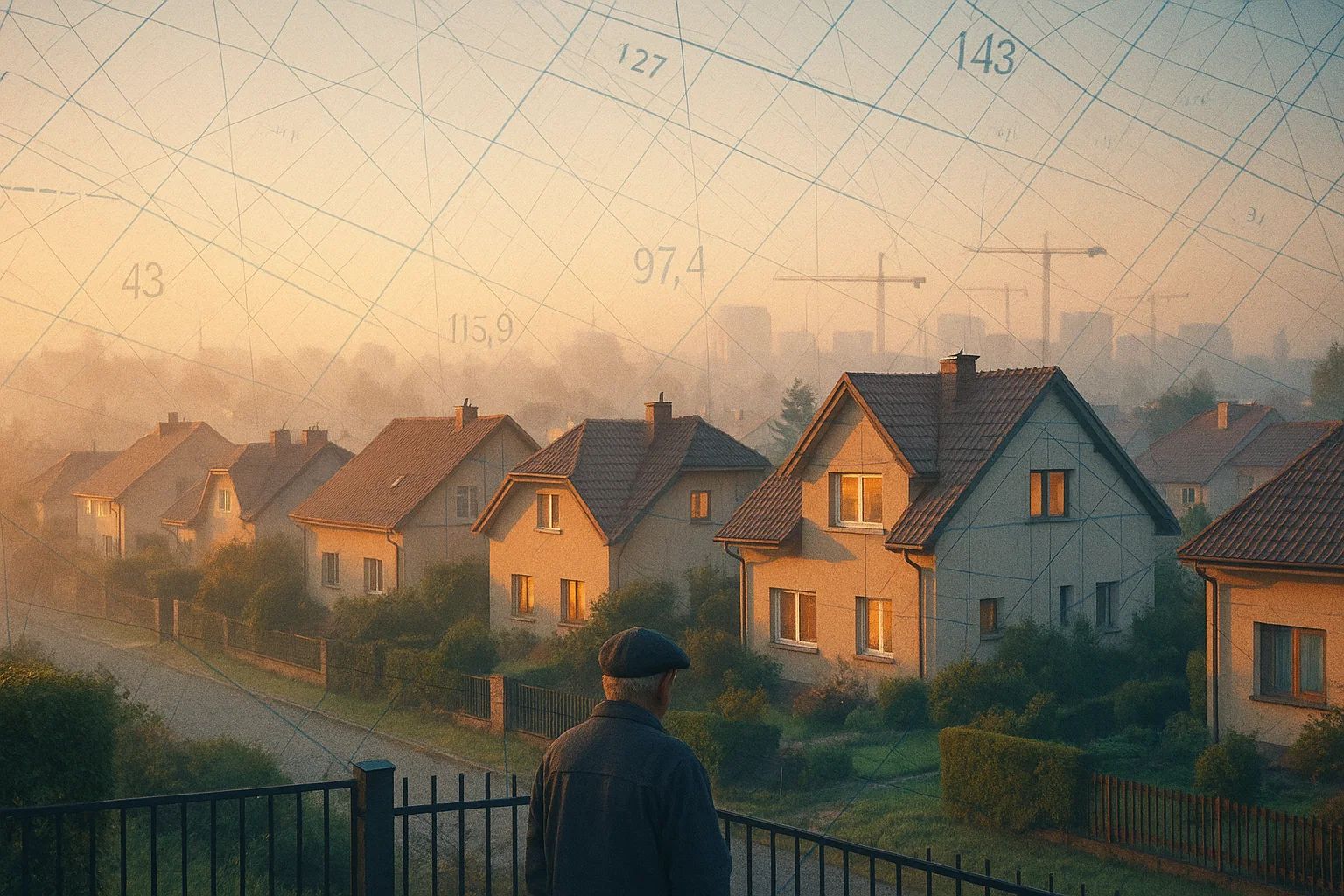The idea of Poland becoming another U.S. state sounds like a political provocation, but that’s exactly why it attracts attention. Supporters argue that in the face of Russian aggression and Germany’s dominance in the EU, only full inclusion under the American umbrella would guarantee Poland maximum military and economic safety. Critics respond that this would mean abandoning sovereignty and effectively leaving the European system, while some even see it as an attempt to “take over” Poland by foreign interests – a theory that circulates online regularly. Is this a bold vision of the future or a fantasy contradicting basic state independence? Vote and judge for yourself.
Category: Economy
The “Economy” category features polls focused on current economic issues and transport-related matters. Topics include inflation, fuel prices, cost of living, labour market, transport infrastructure, logistics and policy decisions at national and international level. The surveys reflect public sentiment and user assessments of ongoing economic developments.
-
Renewable Energy – Investment in the Future or an Illusion of Savings?

-
Property Tax – Fair or Unfair Way to Tax Wealth?

-
End of the Dollar’s Dominance? The Global Currency Battle for Power

-
Should politicians take part in closed-door meetings of the Bilderberg Group?

For decades, the Bilderberg Group has stirred emotions – some see it as an exclusive club of elites discussing the future of the world, others – as a secret center of power above nations. The meetings take place behind closed doors, without media or official records, which only fuels suspicions of backroom deals. Supporters claim it is a forum for free exchange of ideas, while critics argue it’s where bankers and politicians decide global economic and social strategies. The Internet is full of theories linking Bilderberg to the New World Order or global political control. Is it an innocent debate of elites, or the real command center steering the world from behind the scenes?
-
US sanctions on Venezuela – aid, pressure, or self-interest?



















